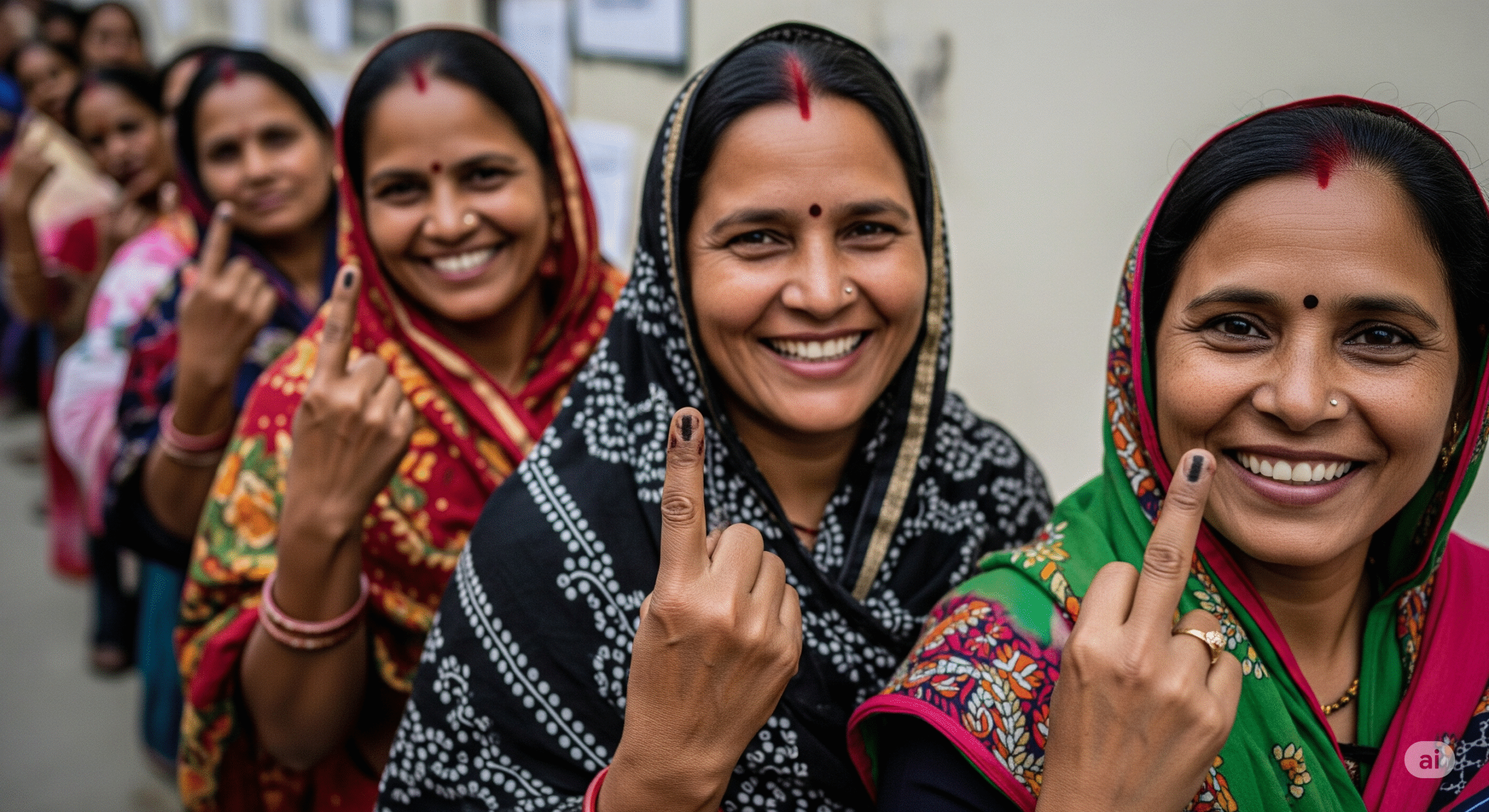Bihar’s Voter Roll: The Great Verification Debate
As Bihar prepares for its upcoming assembly elections, a politically sensitive and logistically challenging exercise has taken center stage—the Special Intensive Revision (SIR) of the electoral rolls. Initiated by the Election Commission of India (ECI) on June 25, 2025, this door-to-door verification effort is intended to clean up the voter list and ensure only eligible citizens can cast their vote. The process is scheduled to conclude with a final electoral roll by September 30, following a draft publication on August 1.
However, this routine electoral update has sparked a major controversy across the state’s political spectrum, raising questions about timing, transparency, and its impact on the electorate.
What Is the Special Intensive Revision (SIR)?
The ECI has described the SIR as a constitutionally mandated, data-driven effort to remove duplicate and fake entries in the electoral rolls. Booth Level Officers (BLOs) are tasked with conducting in-person verification across Bihar’s 8 crore-plus voter base. Voters are required to confirm their identity and eligibility, especially if they were added to the rolls after 2004.
The timeline is tight: the verification must conclude by July 26, followed by publication of the draft roll and an objection period ending on September 1, with the final roll released on September 30.
Political Reactions: Polarized Positions
The SIR has drawn strong criticism from opposition parties, including the Rashtriya Janata Dal (RJD), Congress, and leftist factions, who argue that:
- Timing is suspect: The update comes just months before state elections and during the monsoon, making door-to-door surveys impractical in many rural or flood-prone areas.
- Document burden is discriminatory: Critics claim that many poor and marginalized voters—especially migrant laborers, Dalits, and Adivasis—may not possess documents such as birth certificates or caste certificates, risking deletion from the rolls.
- NRC-like concerns: Some opposition leaders have drawn parallels to the National Register of Citizens (NRC), suggesting the SIR might be a covert method to target certain communities or migrants.
The Government’s Perspective
The BJP and Janata Dal (United), which form the ruling coalition, defend the SIR as a necessary safeguard for electoral integrity.
- They argue the process ensures free and fair elections by preventing fraudulent voting and say the ECI has invited cooperation from all parties.
- Opposition parties, they claim, are trying to politicize a routine process, even as many of them deploy their own Booth Level Agents to monitor the revisions.
- The ECI has issued public clarifications: voters already on the 2003 list are not required to submit documents, and newer applicants must provide only one of several accepted documents.
Public Concerns and Impact

For ordinary citizens of Bihar, the special revision has caused both confusion and concern:
- Disenfranchisement fears: Those without formal documentation fear being excluded from the voter list. This includes many of Bihar’s working-class citizens who may not maintain residency proof or government-issued identity.
- Information gaps: Despite ECI FAQs and public outreach, there’s widespread misunderstanding about who needs to submit what. Misinformation has led some to believe their names might be removed even if no action is needed.
- Administrative burden: BLOs are reportedly overwhelmed, and the monsoon rains are making remote verification especially difficult.
Latest Developments
- The ECI continues to stress that this is a constitutional duty, not a political maneuver, and that transparency and inclusivity are being upheld.
- The opposition has staged joint press conferences and protests, but most parties have not formally responded to the ECI’s requests for dialogue and collaboration.
- Voters are being urged to check their status, fill necessary forms (like Form 6 for additions), and contact local election offices to avoid last-minute issues.
Conclusion
The Special Intensive Revision of Bihar’s voter list is unfolding at a politically volatile time. While the Election Commission maintains that this exercise is essential for cleaning the rolls, opposition parties fear it could disproportionately impact Bihar’s poorest and most vulnerable voters. For citizens, the priority remains clear: staying informed, verifying enrollment, and safeguarding their right to vote.
Whether this revision becomes a model for electoral reform or a flashpoint of exclusion will depend on how the remaining weeks unfold—and how effectively the concerns of Bihar’s diverse population are addressed.
